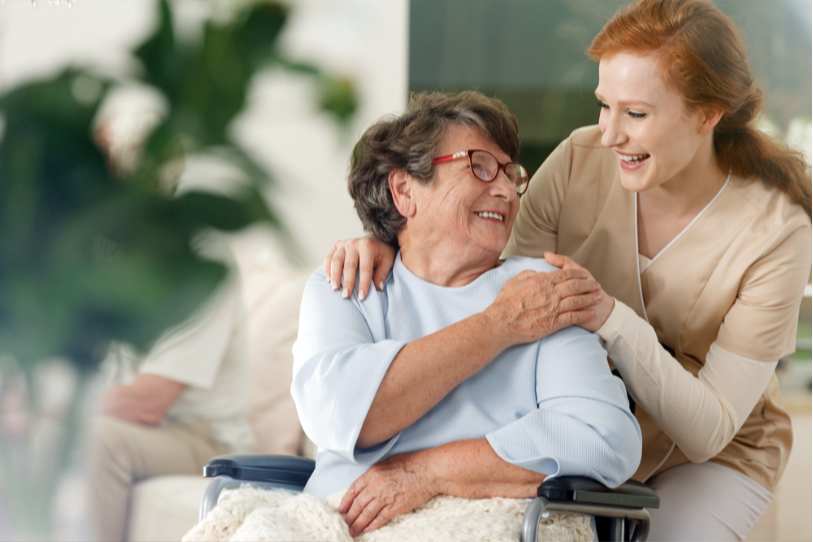Get the Quality Care You Deserve for Your Cancer Treatment
American Oncology Institute (AOI) is the leading and fastest growing Multi disciplinary oncology network with 15 Hospitals in South Asia, blending the latest technology with service excellence through trained staff and benchmarked SOPs to deliver best-in-class clinical outcomes in Cancer care. AOI is known for its evidence-based, comprehensive Cancer care benchmarked with recognized Western teaching university standards of quality and safety and bridges the gap between Oncology care standards in the West and South Asia. At AOI, we treat various types of Cancers with the utmost compassion and high precision.
Know More

International Tumor Board

Most advanced technology and best-in-class machines

Multi- disciplinary Team of Doctors

Centralized Treatment Planning
American Oncology Institute is a leading cancer care provider across South Asia. It operates a chain of cancer hospitals in multiple cities across India and South Asia.

The right diagnosis for your well-being from the American Oncology Institute.
Know MorePlease fill in the form and submit the details to request an appointment.